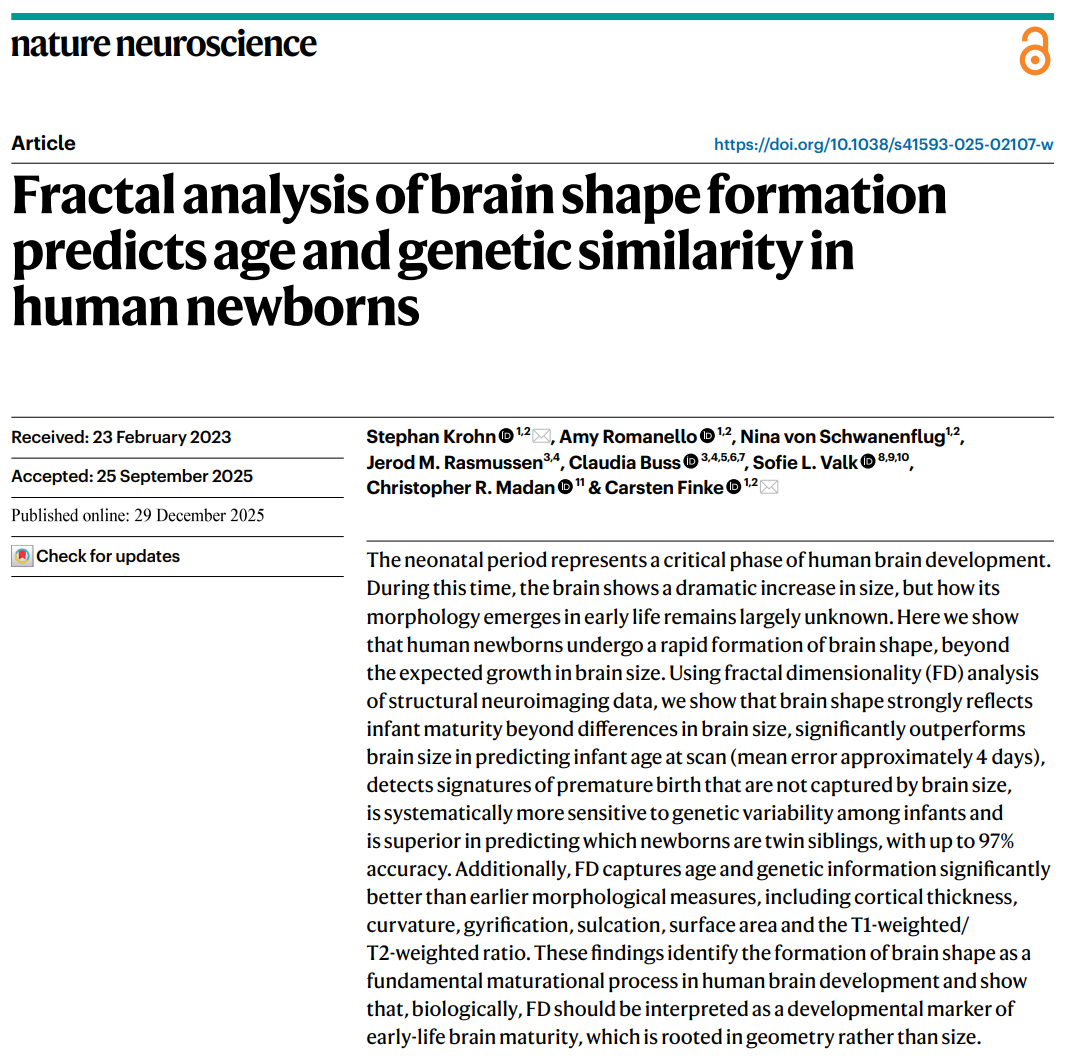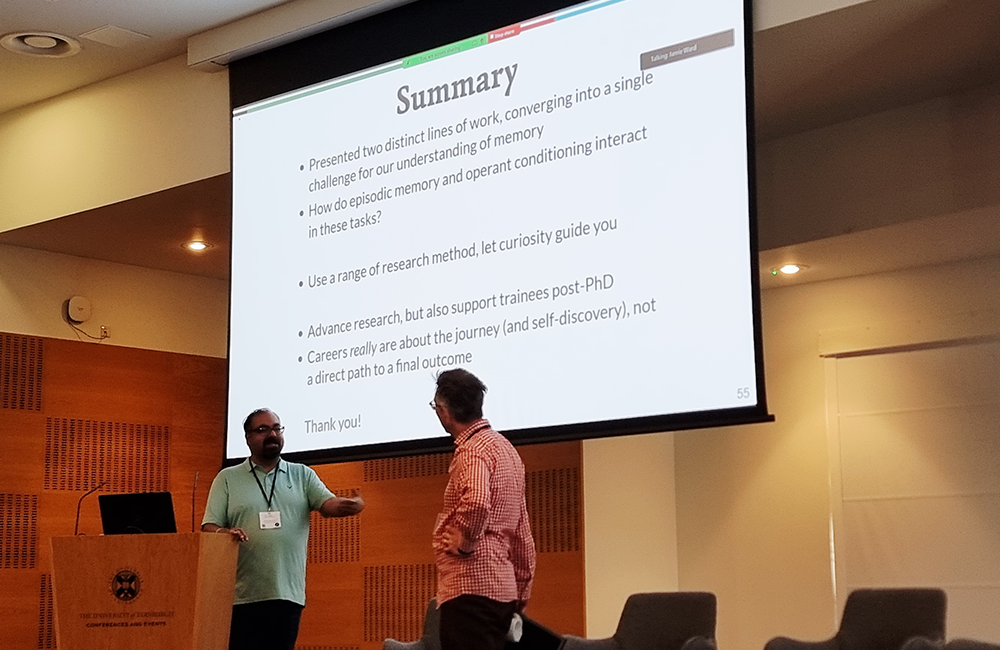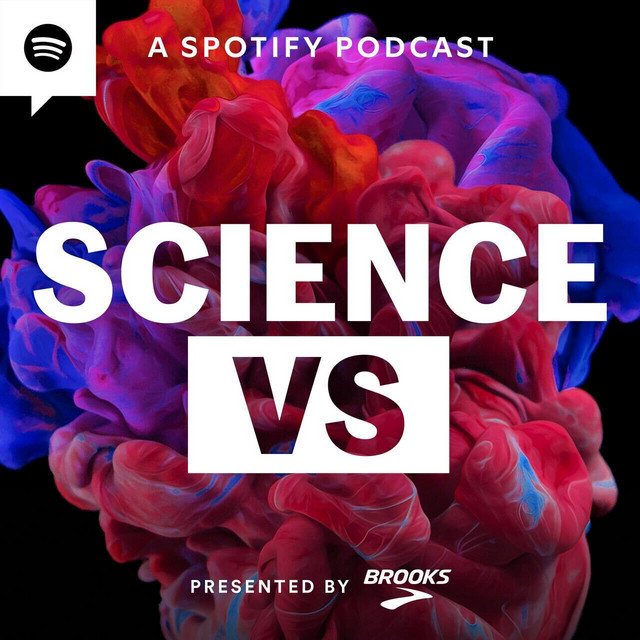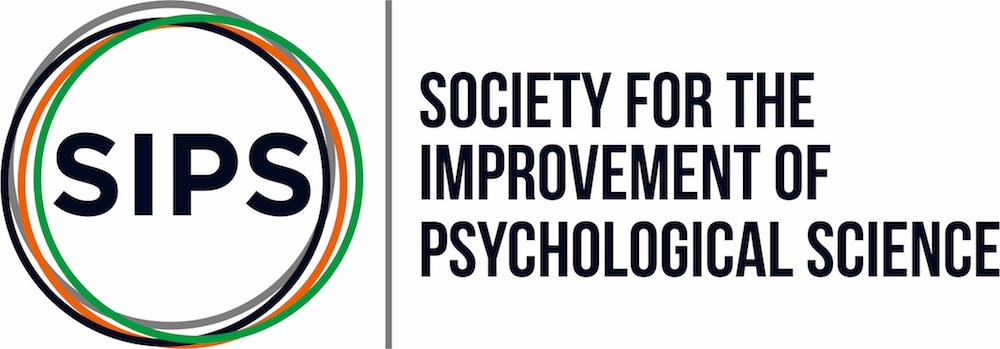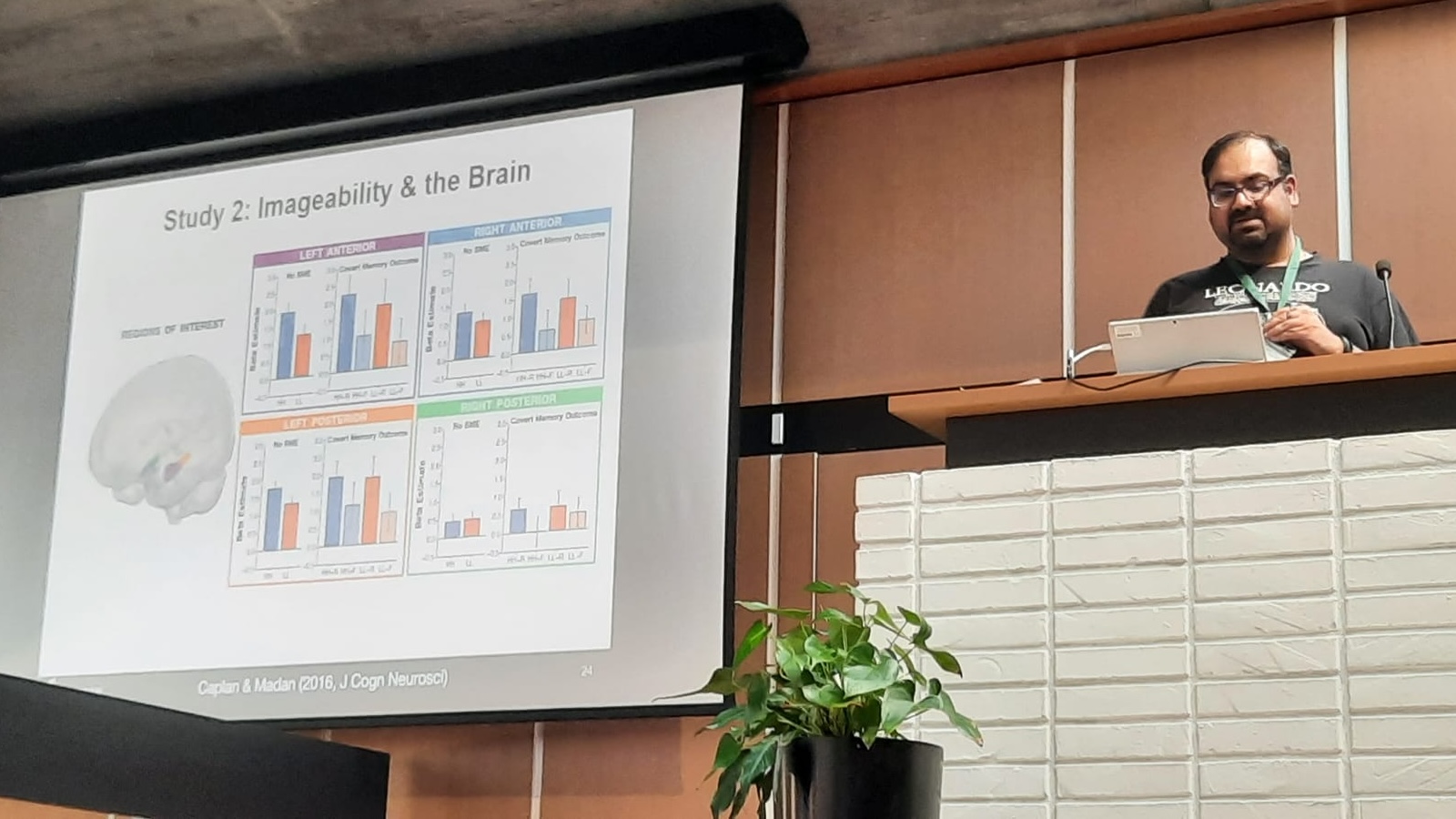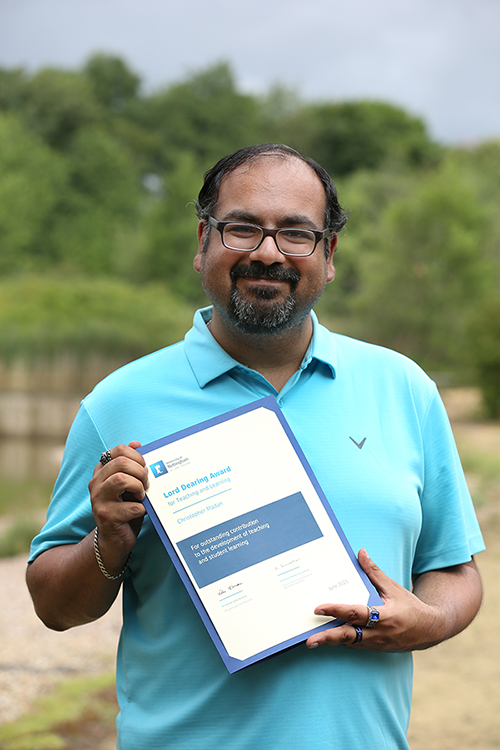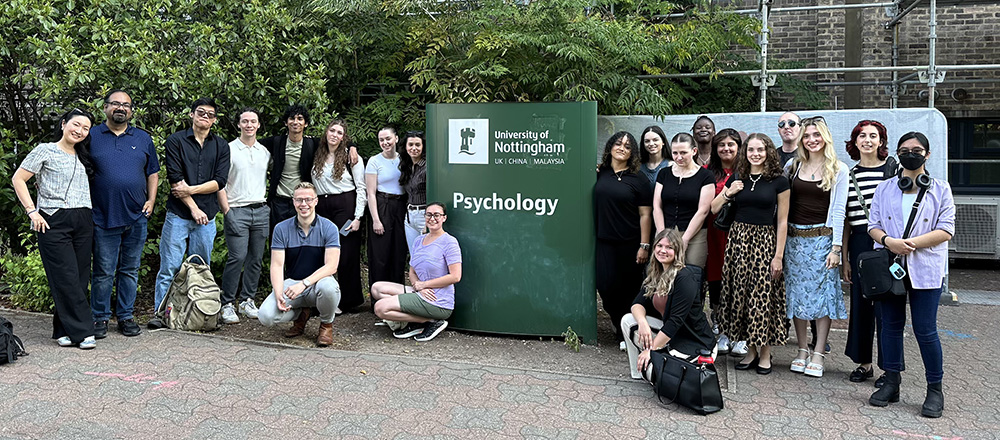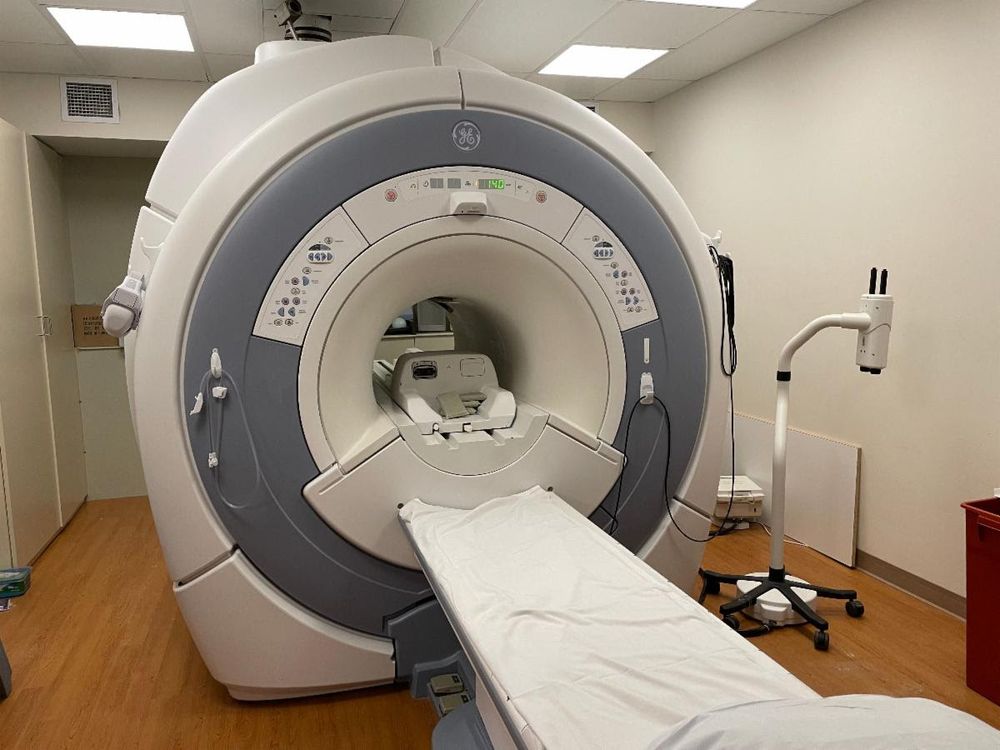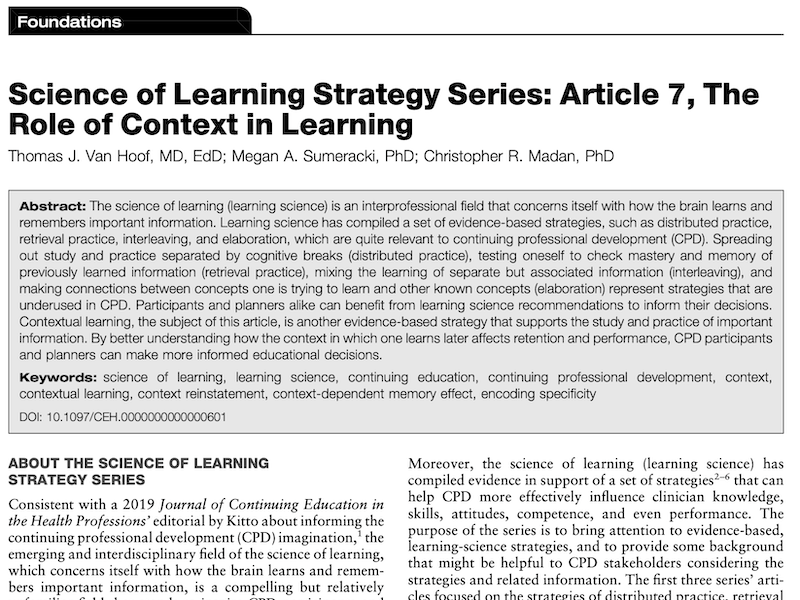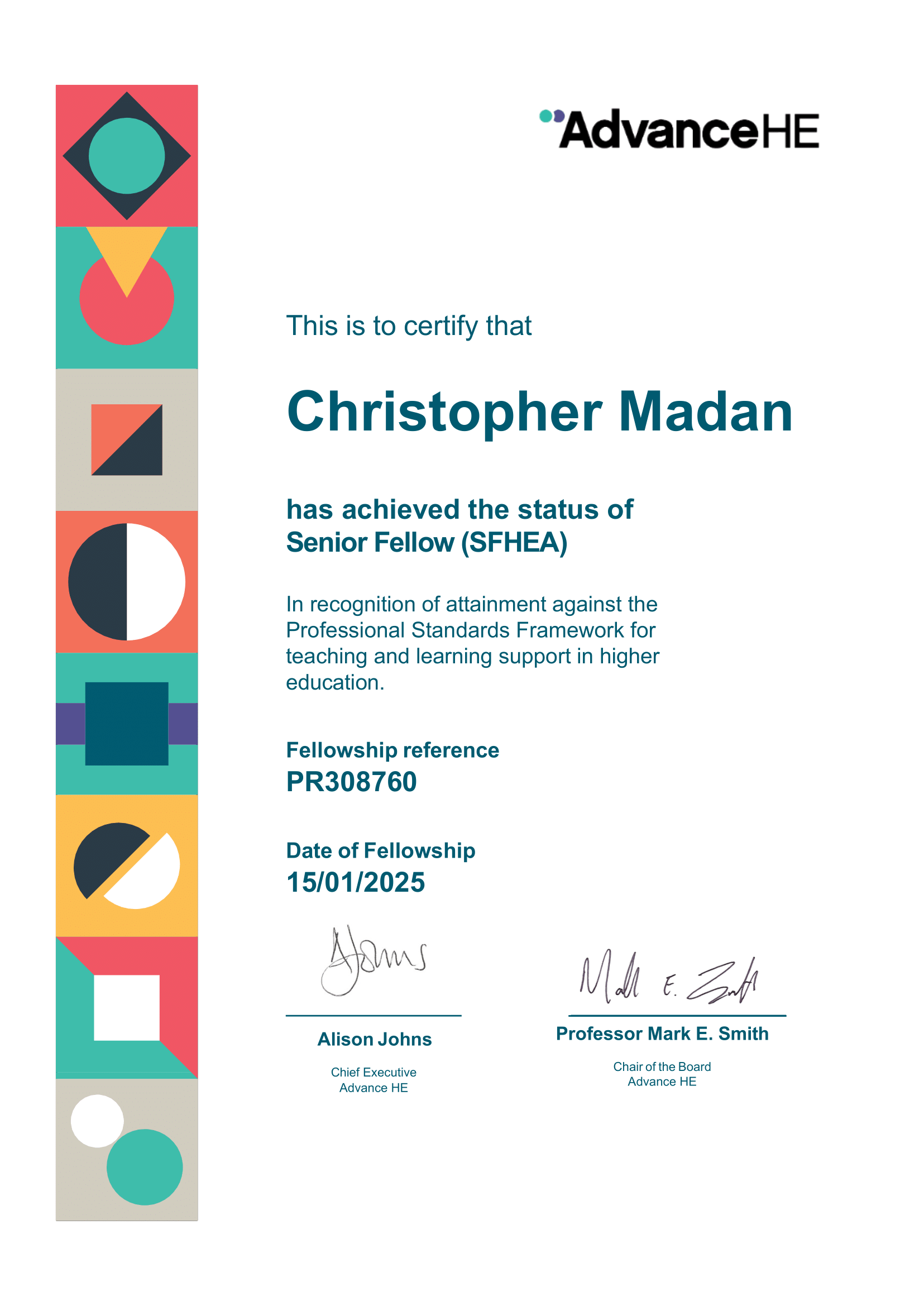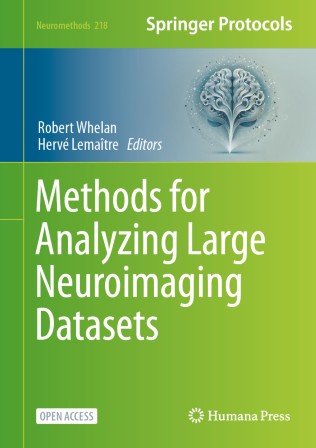Lab Updates
New paper in Nature Neuroscience
About 10 years ago I came across ‘fractal dimensionality’ as a measure of brain structure. Studying it’s utility with healthy aging, clinical populations, and across species has led to 19 papers since then. The most recent paper is now online at Nature Neuroscience!
2025 BACN Early Career Award
Dr. Madan gave the Early-Career Prize talk at the 2025 meeting of the British Association for Cognitive Neuroscience (BACN).
“This award aims to reward and to recognise distinguished scholarship and research excellence undertaken over a period by a cognitive neuroscientist who is currently active in research, and who has made a substantial contribution to Cognitive Neuroscience in the UK.”
Spotify Science Vs episode
Dr. Madan served as a consulting topic expert for a recent Spotify podcast episode on memory.
SIPS Commendation
A recent collaborative paper has been recognised with a 2025 Commendation from the Society for the Improvement in Psychological Science (SIPS) for collective efforts advancing training and research practices in psychological science.
Bressanone Debates paper is out!
In January 2024, Dr. Madan spoke in a symposium at European Workshop on Cognitive Neuropsychology on Language and/or memory: How to slice the domain-cake?, organised by Vitória Piai.
This symposium was well received and we were invited to prepare a joint paper as part of the Bressanone Debates series for Cognitive Neuropsychology. This paper is now out!
Lord Dearing Award for Teaching and Learning
I’m honoured to have received the Lord Dearing Award for Teaching and Learning from the University of Nottingham earlier this month. The award recognises outstanding contributions to high-quality teaching and the support of student learning.
In my application, I highlighted work I’ve done to (1) enhance research methods teaching, including through a MATLAB textbook now used internationally, (2) develop career resources for doctoral students, and (3) share evidence-based learning practices across disciplines.
I’m grateful to the students and colleagues who continue to make this work meaningful and collaborative.
Neurotechnology workshop for UoGH students
Together with Dr. Alice Kim at the University of Guelph-Humber, Dr. Madan organised a field course where students visited from Toronto to attend a two-day workshop on cognitive neuroscience methods, as well as an experimental psychology conference.
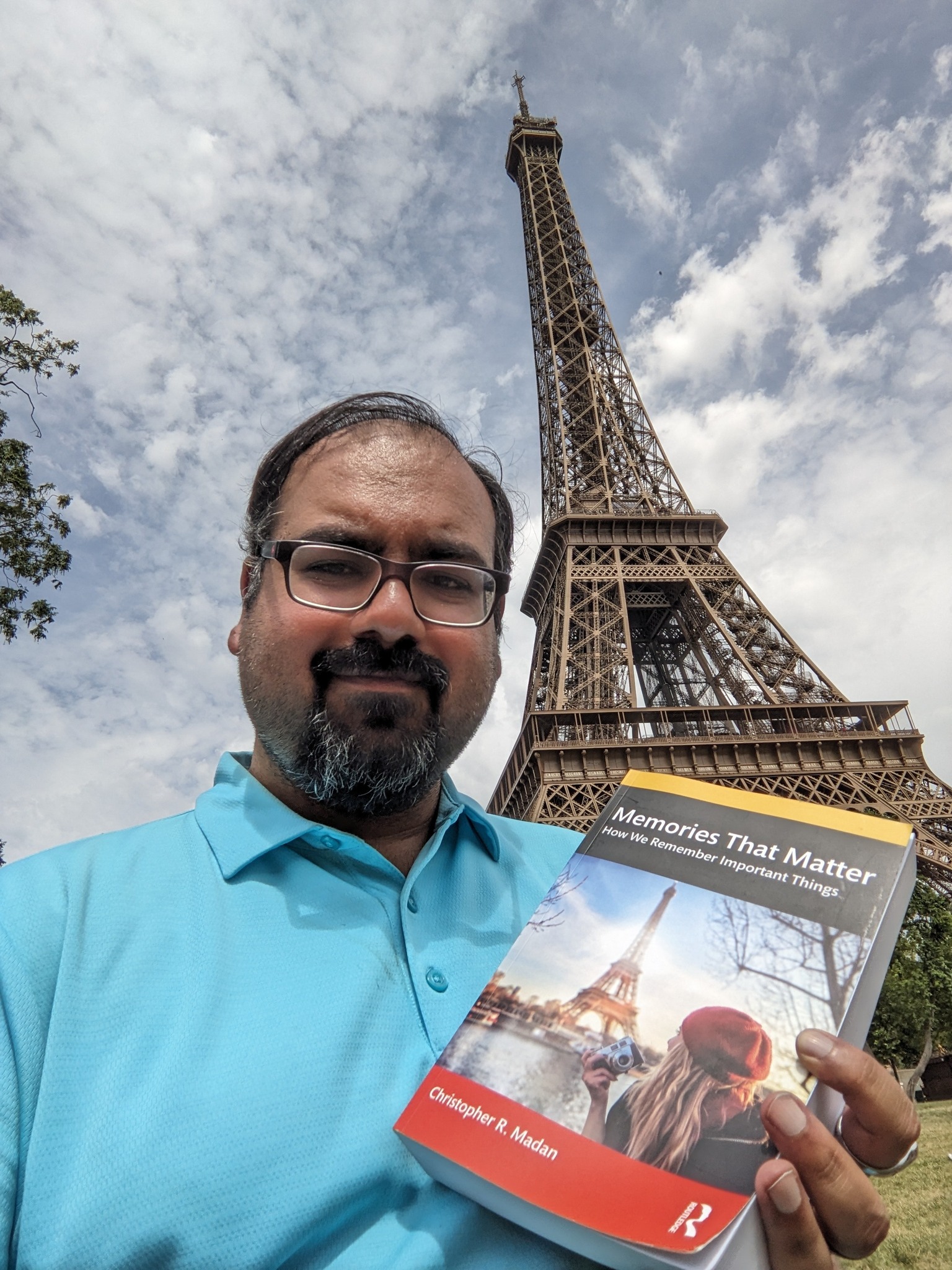
Memories that Matter, in Paris
Dr. Madan gave an invited presentation on “Memories that Matter” in Paris!
Centre launched to create next generation of neurotechnology to improve brain health
Dr. Madan is part of a new neurotechnology centre at the University of Nottingham.
“The Centre for Neurotechnology, Neuromodulation and Neurotherapeutics (N3) brings together scientists, engineers, clinicians and people with lived experience of brain health conditions to develop devices and technology to help diagnose and treat a range of conditions, underpinned by ground-breaking research.”
Science of Learning Strategy Series: Article 7
There are now SEVEN articles in the on-going learning science series with Tom Van Hoof and Megan Sumeracki.
“Contextual learning, the subject of this article, is another evidence-based strategy that supports the study and practice of important information. By better understanding how the context in which one learns later affects retention and performance, CPD participants and planners can make more informed educational decisions.”
SFHEA accreditation
In recognition of Dr. Madan’s contributions to higher education–including research methods training, application of learning sciences to other fields, and post-PhD career guidance resource development–he has been awarded Senior Fellow from Advance HE (SFHEA).
“Senior Fellowship is awarded to professionals […] whose comprehensive understanding and effective practice provides a basis from which they lead or influence the learning and teaching practices of others (peers, colleagues, mentees, etc.) who teach and/or support high-quality learning.”
New book chapter
Dr. Madan contributed to an introductory chapter in this new text on Methods for Analyzing Large Neuroimaging Datasets, along with collaborators in France and Ireland.
